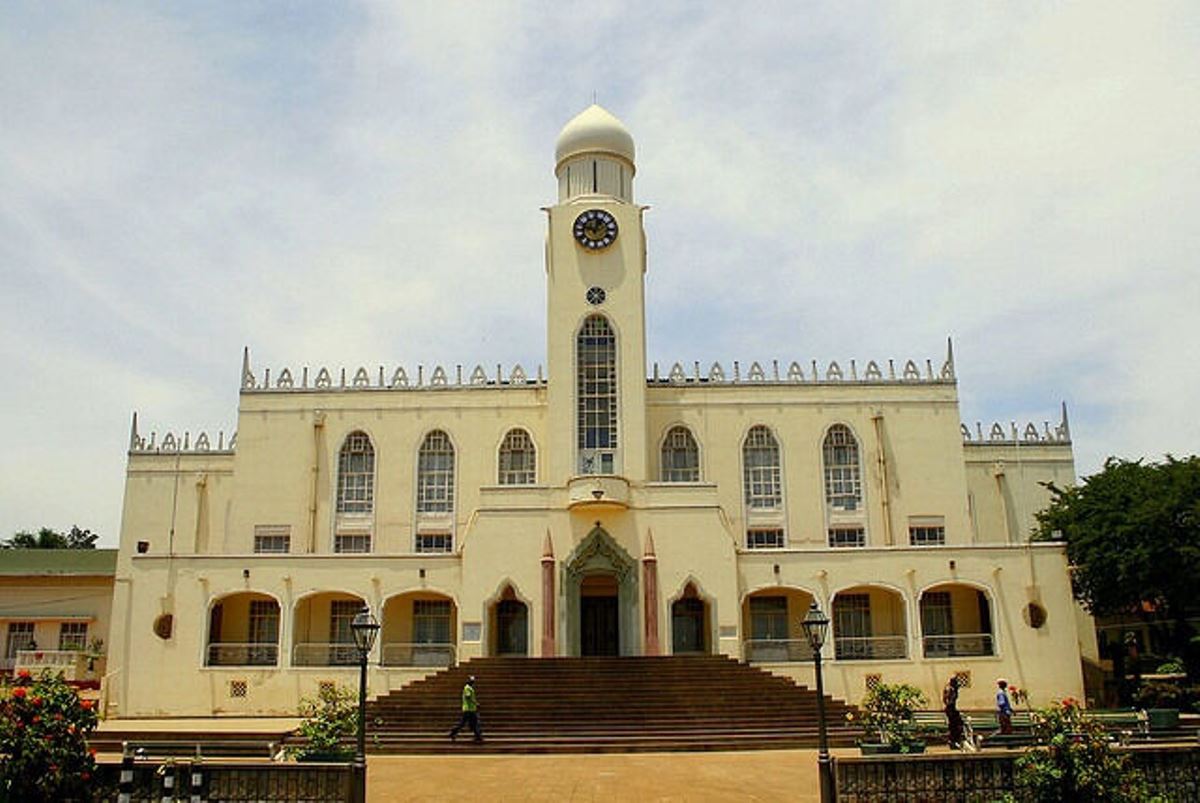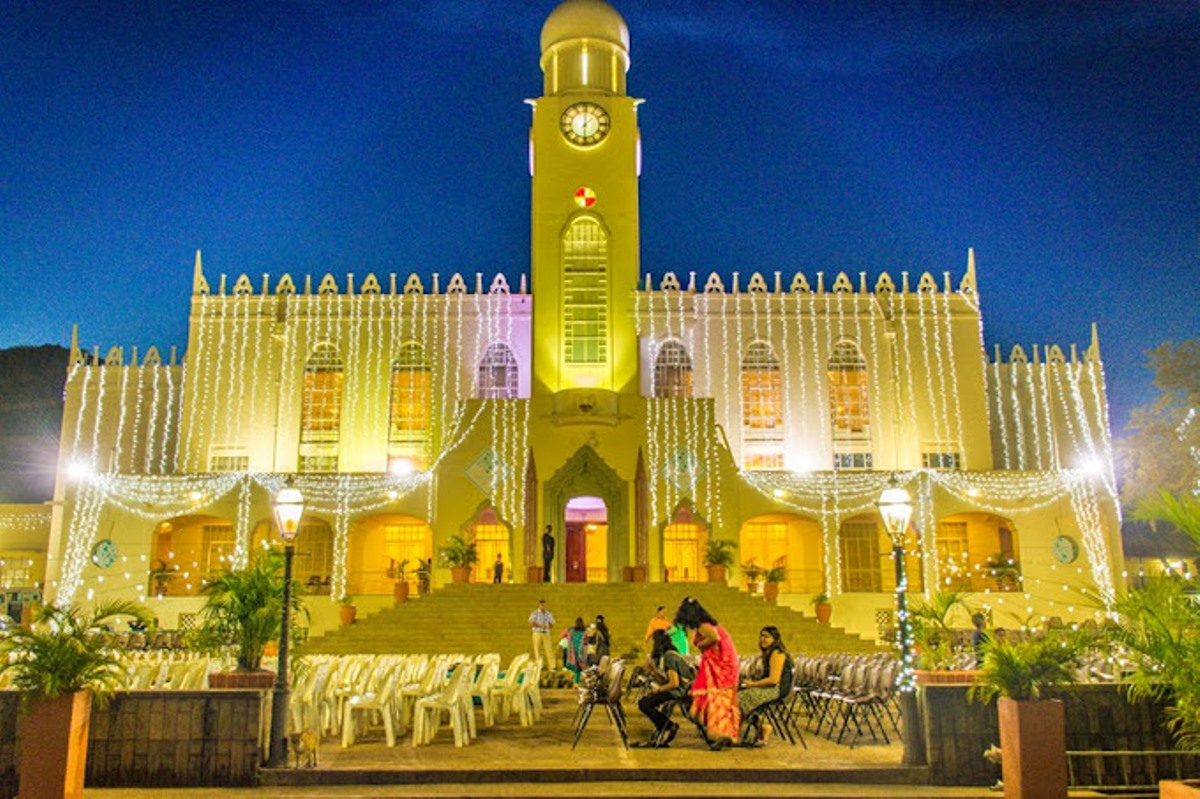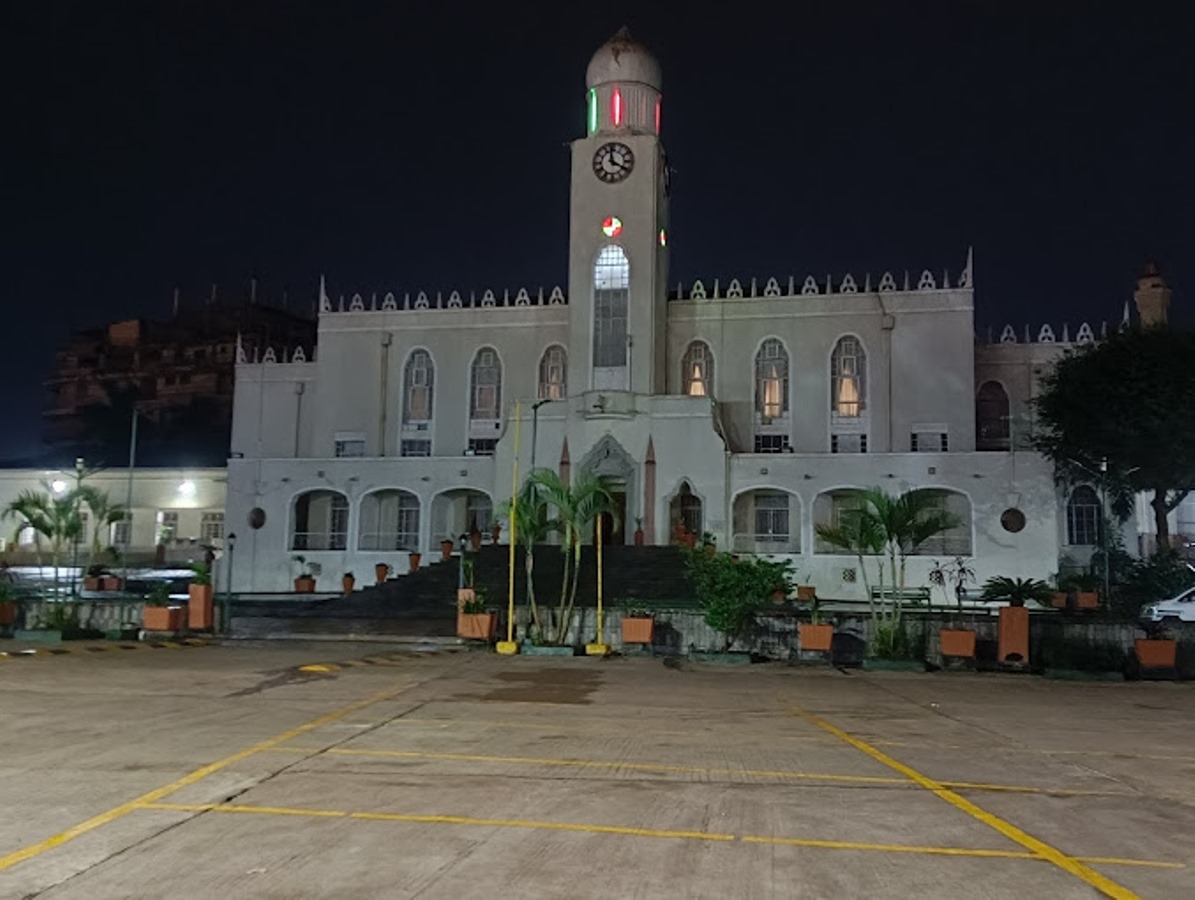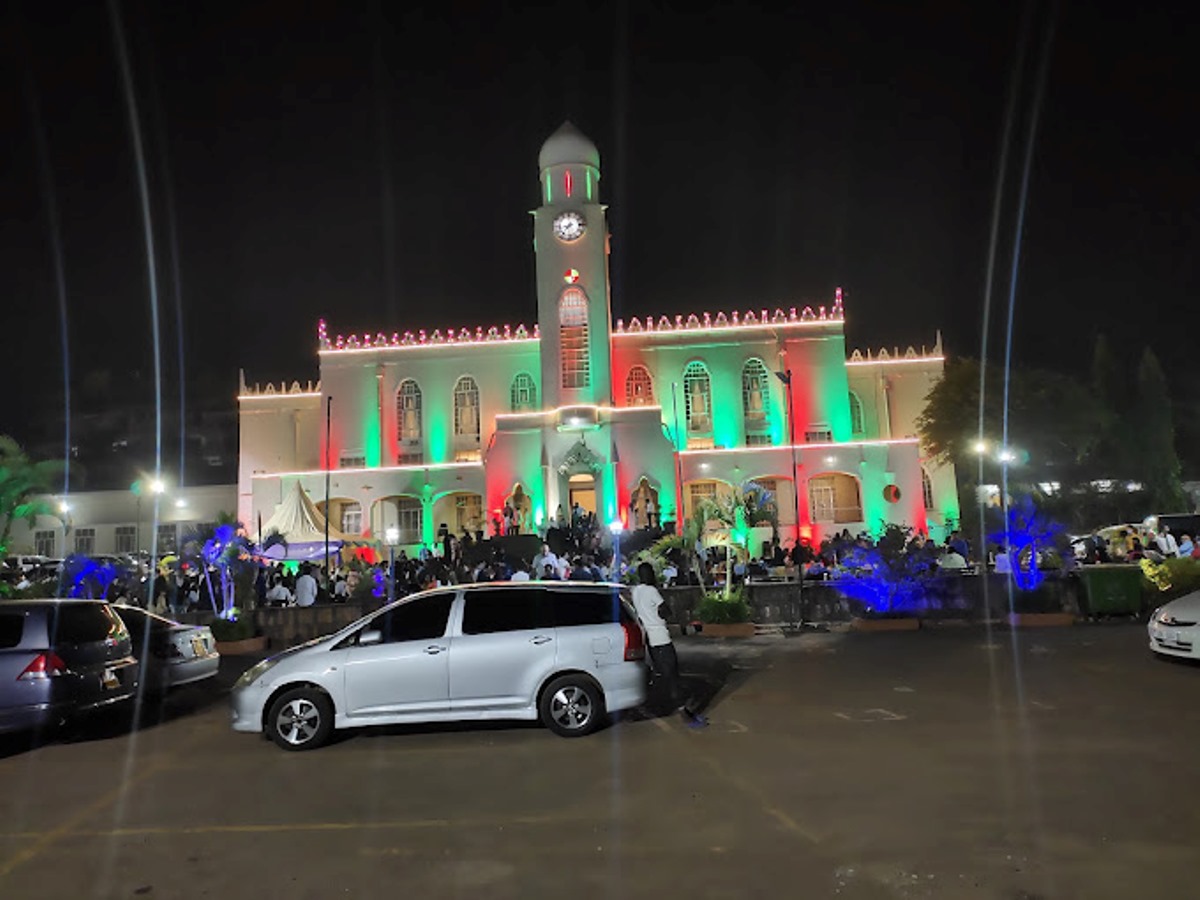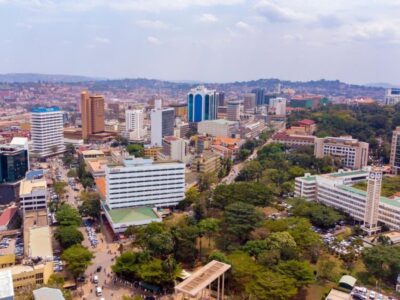Aga Khan Mosque, Kampala – Uganda
THE AGA KHAN MOSQUE TRAVEL GUIDE, KAMPALA
LOCATION OF THE AGA KHAN MOSQUE, KAMPALA
The Aga Khan Mosque, also known as Ismaili Jamatkhana, is located in the historic district of Old Kampala in Kampala, Uganda. This prominent religious and architectural landmark serves as an essential place of worship for the Muslim community in Uganda.
HISTORY OF THE AGA KHAN MOSQUE, KAMPALA
The Aga Khan Mosque, also known as Ismaili Jamatkhana, is a prominent religious and architectural landmark located in the historic district of Old Kampala, Uganda.
EARLY ORIGINS OF THE AGA KHAN MOSQUE, KAMPALA
The Aga Khan Mosque traces its origins to the generous contributions of His Highness the Aga Khan IV, the spiritual leader of the Shia Ismaili Muslim community. The construction of the mosque was initiated in the late 1970s and completed in the early 1980s. It was officially inaugurated on October 8, 1978, and has since stood as a symbol of unity and spiritual devotion.
ARCHITECTURAL SIGNIFICANCE OF THE AGA KHAN MOSQUE, KAMPALA
The mosque was designed by Egyptian architect Abdel Wahed El-Wakil, known for his innovative blend of modern and traditional Islamic architectural styles. The Aga Khan Mosque showcases exquisite craftsmanship and attention to detail, reflecting Islamic architectural traditions with intricate calligraphy and geometric patterns adorning its interior and exterior.
ARCHITECTURAL FEATURES OF THE AGA KHAN MOSQUE, KAMPALA
Dome and Minarets:
- The mosque features a large central dome, a prominent feature of Islamic architecture, complemented by four towering minarets, each topped with a crescent moon.
Courtyard:
- The mosque is surrounded by a landscaped courtyard adorned with gardens and fountains.
Interior:
- Inside, visitors are greeted with a spacious prayer hall decorated with intricate mosaic tilework and chandeliers. The prayer hall can accommodate a large number of worshippers, making it a central gathering place for the local Muslim community.
RELIGIOUS AND CULTURAL SIGNIFICANCE OF THE AGA KHAN MOSQUE, KAMPALA
The Aga Khan Mosque holds significant importance for both the local Muslim community and the broader society:
Religious Significance:
- As a place of worship, the mosque plays a crucial role in the spiritual life of the Shia Ismaili Muslim community in Uganda. It provides a space for daily prayers, religious gatherings, and celebrations of Islamic festivals.
Cultural Landmark:
- The mosque’s architectural design and history have made it a cultural landmark in Kampala. It attracts visitors from diverse backgrounds who come to admire its beauty and learn about Islamic culture and history.
Interfaith Dialogue:
- The Aga Khan Mosque has also been a venue for interfaith dialogue and community outreach programs, promoting understanding and cooperation among different religious communities.
The Aga Khan Mosque in Kampala stands as a testament to the enduring spiritual and cultural heritage of the Shia Ismaili Muslim community in Uganda. Its establishment, architectural beauty, and vibrant cultural activities make it a significant landmark in Kampala, fostering a sense of community and spiritual well-being among its devotees.

